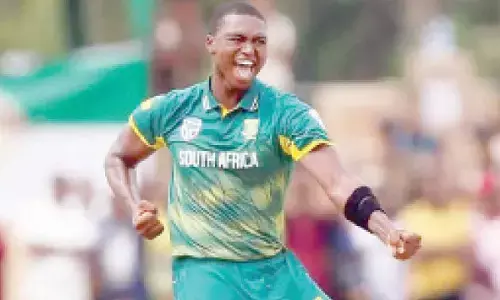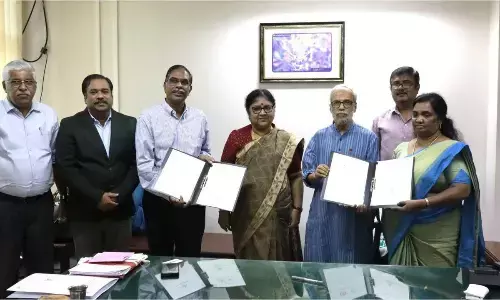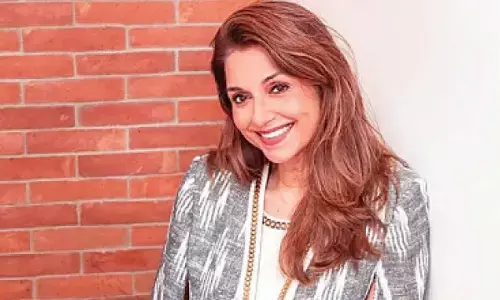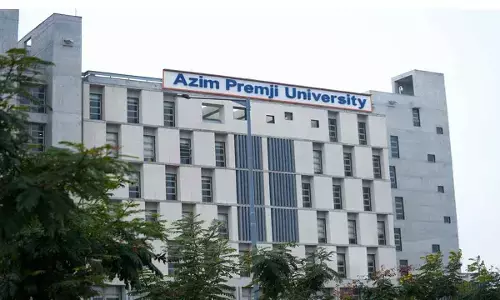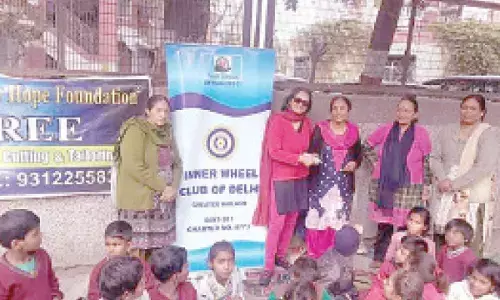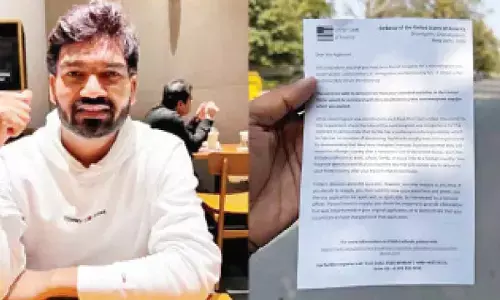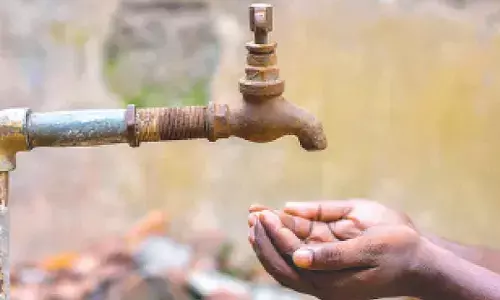Significant strides ahead in mother and child care
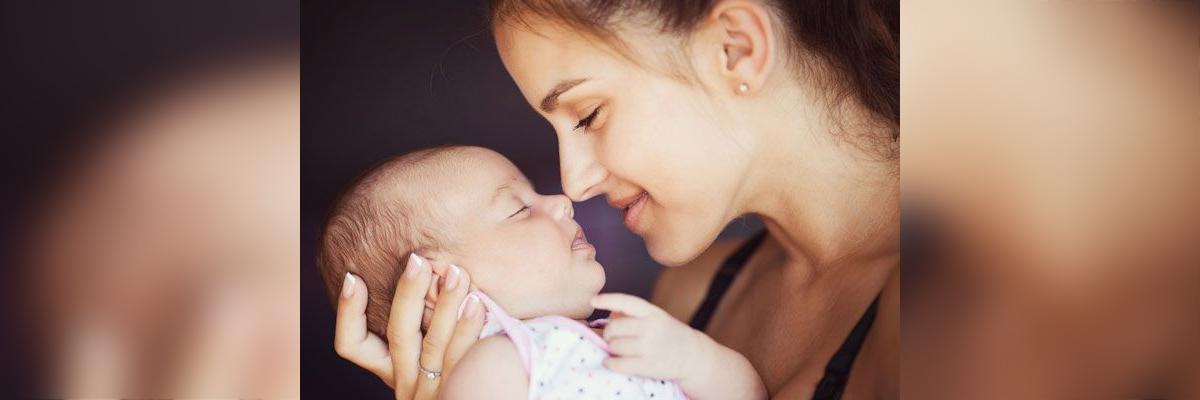
The twoday National Cradle Conference 2018 a one of its kind International conference on obstetrics, gynaecology, fertility and neonatology, being jointly hosted by the Apollo Hospitals, Apollo Cradle and Apollo Fertility, was formally inaugurated by Dr Prathap C Reddy, chairman, Apollo Hospitals Group
The two-day National Cradle Conference 2018 - a one of its kind International conference on obstetrics, gynaecology, fertility and neonatology, being jointly hosted by the Apollo Hospitals, Apollo Cradle and Apollo Fertility, was formally inaugurated by Dr Prathap C Reddy, chairman, Apollo Hospitals Group.
Some of the World renowned practitioners in mother and child care, attended the conference, Dr Seang Lin Tan, Prof. of obstetrics and gynecology, McGill University, Canada; Dr Wise Young,; Prof. Sailesh Kumar, Head of the mother’s, babies and women health research, University of Queensland, Australia; Dr Sandeep Sharma, consultant in obstetrics and gynaecology, Leeds Cancer Center, UK; Dr Hima Bindu Avatapalle, consultant paediatric endocrinologist, Leeds Teaching Hospitals, UK; briefed about the latest developments and the advances these fields are likely to witness in the near future.
Speaking on the occasion Dr Wise Young, founding director, WM Keck Center for Collaborative Neuroscience, New Jersey, USA, stressed on the importance of collecting umbilical cord blood. He said, “Clinical trials are being conducted in China for treating spinal cord injuries with the umbilical cord blood. If successful, this can provide succour to the 3mn people with spinal cord injury in the world and in India alone 500000 spinal cord injury patients will benefit. In India out of around 90,000 births per day only 5% umbilical cord blood is collected, the other 95% is thrown away, which can be put to use with this.”
Prof. Sailesh Kumar, Head of the mother’s, babies and women health research, University of Queensland, Australia, who specialises in foetal medicine, said there are lot of exciting developments in the foetal therapy with aspects like blood being transfused in to the foetus at an early stage of the pregnancy and stem cell treatment being provided for genetic conditions.
Miniaturisation of instruments is going to be a big thing in future, as currently one of the big risks of any procedure during pregnancy is the risk of premature labour, so although the procedure might be successful the baby might be born at a very early gestation. Improvements in the instrumentation we use, will certainly reduce the risk of pre-term labour.”
Dr. Sandeep Sharma, consultant in obstetrics and gynaecology, Leeds Cancer Center, UK, said, the changes are in the chemotherapy field, there are new markers, new drugs, which work a different way, they change the way the cells die and the cells live, so ovarian cancer has got newer drugs, further drugs are in the pipeline to work on the immune system. But the focus is on how to prevent cancer. In India, I see a big opportunity in preventing cervical cancer. One of the things which has come in the last few years is the vaccine against cervical cancer. This vaccine has to be given to young girls before they start sexual life, so that they can avoid cancer.”
Dr Hima Bindu Avatapalle, consultant paediatric endocrinologist, Leeds Teaching Hospitals, UK, spoke about the developments in dealing with type 1 Diabetes and reducing the side effects from Insulin using counteractive hormones. She also threw light on the clinical trials to develop artificial pancreas.
Dr Hima Bindu also spoke about the ongoing cases of Gender Dysphoria, where the child is unhappy with its gender and desires to change the sex. She explained, “It's a psychiatric diagnosis, they go through extensive psychological evaluation of over 18 months before coming for gender change. By administering cross hormones gender change is done.
We receive on an average six to seven cases a month for Gender Dysphoria and more girls than boys are preferring to change their sex for reasons best known to them.” Another significant care is the 'Transition' which is the adolescent medicine, adolescents are not adults and need special care, the way you talk to them is important, counsel them is important to lead them through the transition.
Dr. Seang Lin Tan shared interesting developments in IVF - genetic therapy of embryos, “We screen for the best embryo without genetic abnormalities of diseases like heart problem, cancer and fertilise them to reduce the risk of incidence of the diseases. Another area which could become popular is freezing of embryos. Unlike men who can produce quality sperms even when they are old, women are born with a few thousand eggs and best eggs are produced when they are young.
Due to modern life as the marriage age gets postponed, one can freeze the embryo and at the right time use them and have a healthy baby. In USA many companies are paying their employees for freezing of embryos to postpone the pregnancy. Also, in some medical condition like needing chemotherapy, the woman can freeze the embryo prior to the treatment and have a healthy baby post treatment.”


